Mercury Stories

NASA's Perseverance Mars rover used its Mastcam-Z camera to capture Mercury – seen as a tiny speck – passing in front of the Sun on Oct. 28, 2023.
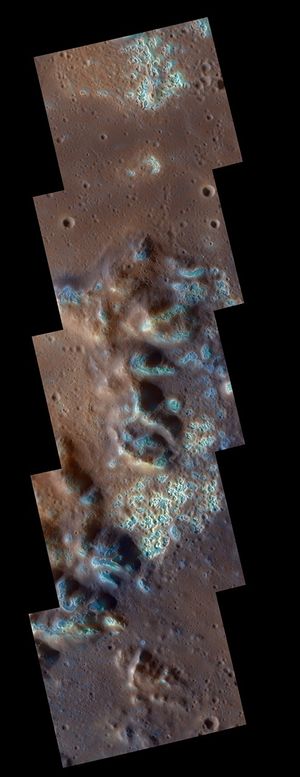
Enigmatic depressions on the surface have puzzled scientists since the 1970s For decades, scientists have been puzzling over strange hollows on Mercury’s surface, thousands of peculiar depressions at a variety of longitudes and latitudes, ranging in size from 60 feet…
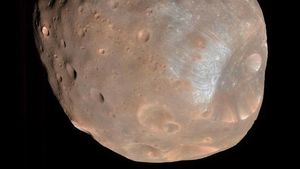
Here are 10 impressively super, bowl-shaped venues adorning worlds in our solar system, including a couple where we've actually made…touchdowns!
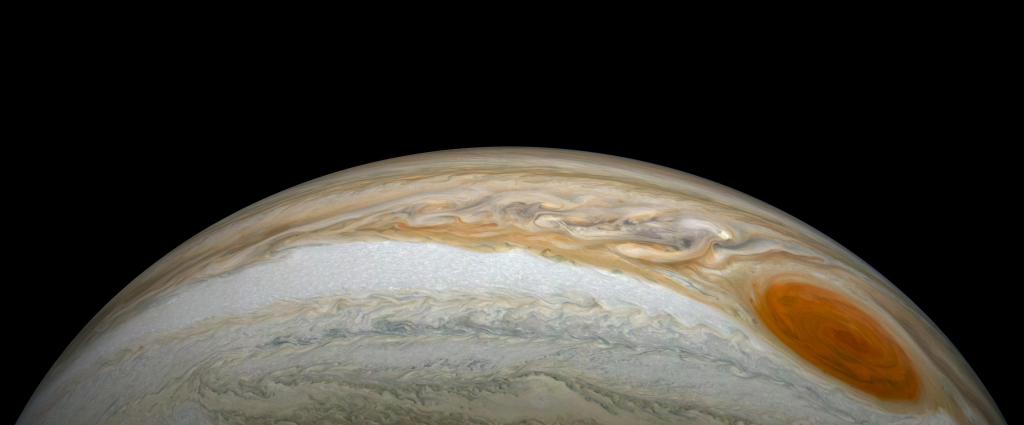
Our solar system is a stormy place. Join us on a tour of storms.
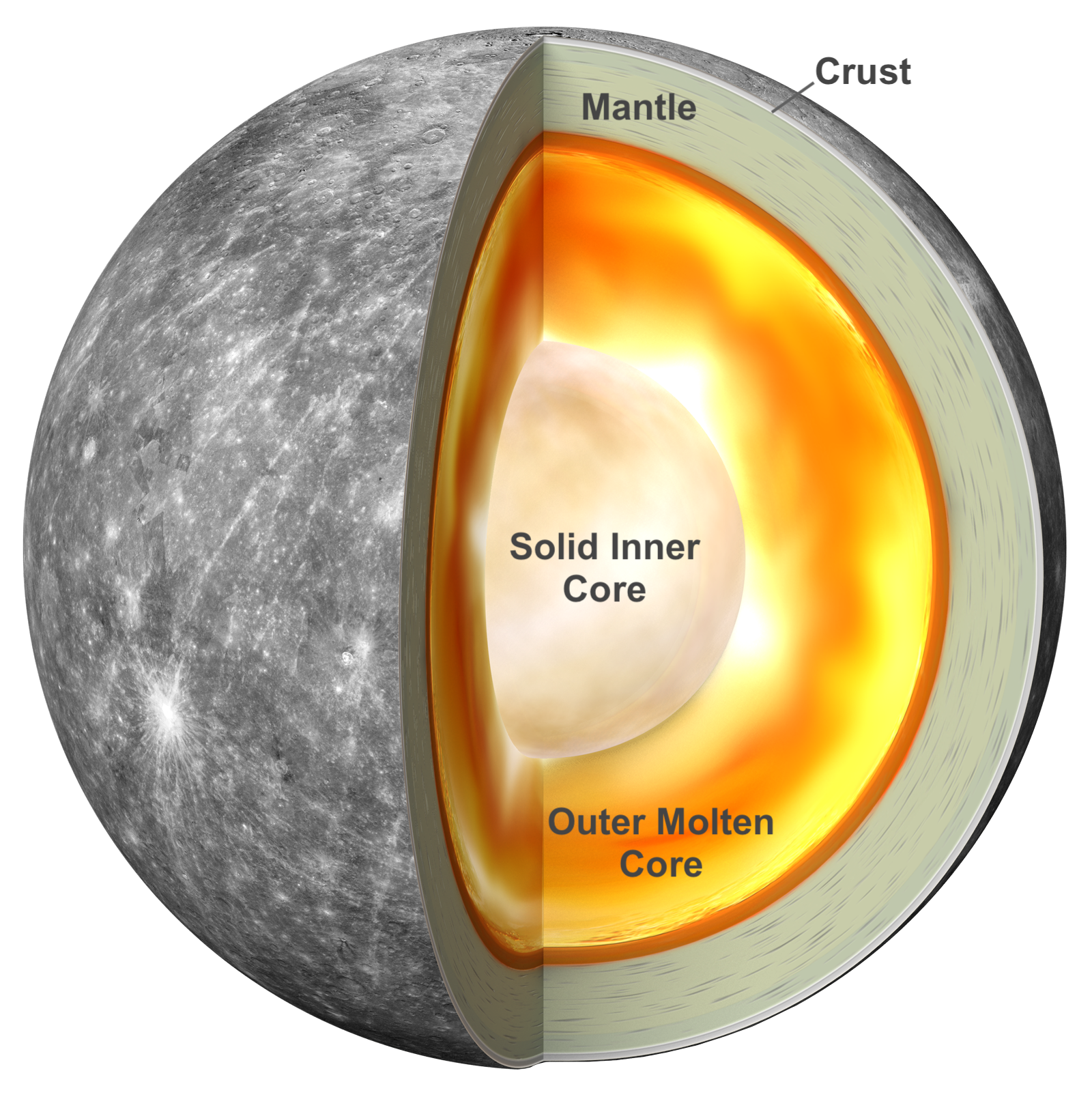
NASA Scientists found evidence that Mercury’s inner core is indeed solid and that it is very nearly the same size as Earth’s inner core.
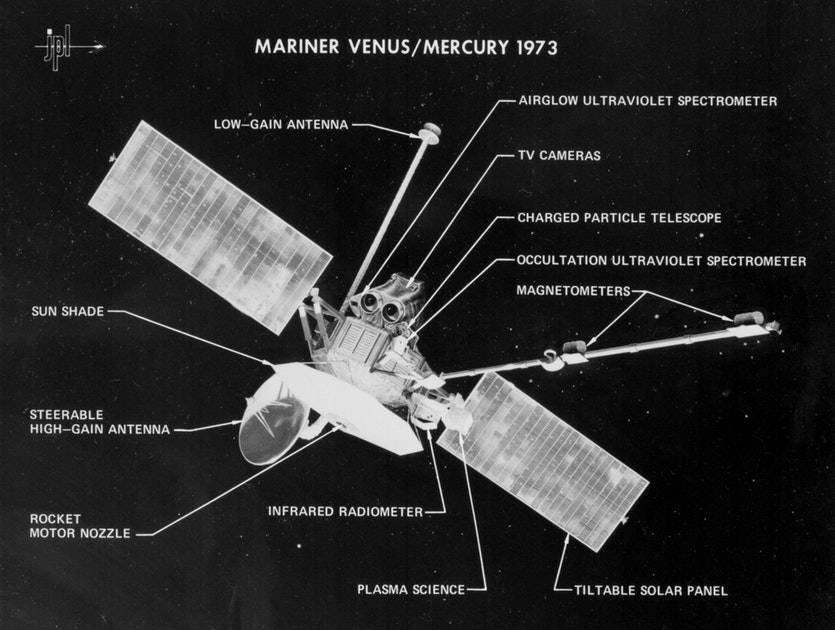
A unique opportunity presented itself in 1973 to send a spacecraft to visit both Venus and Mercury in a single mission. Using gravity assist, a technique theorized for decades but never used before, under favorable conditions a spacecraft sent to…
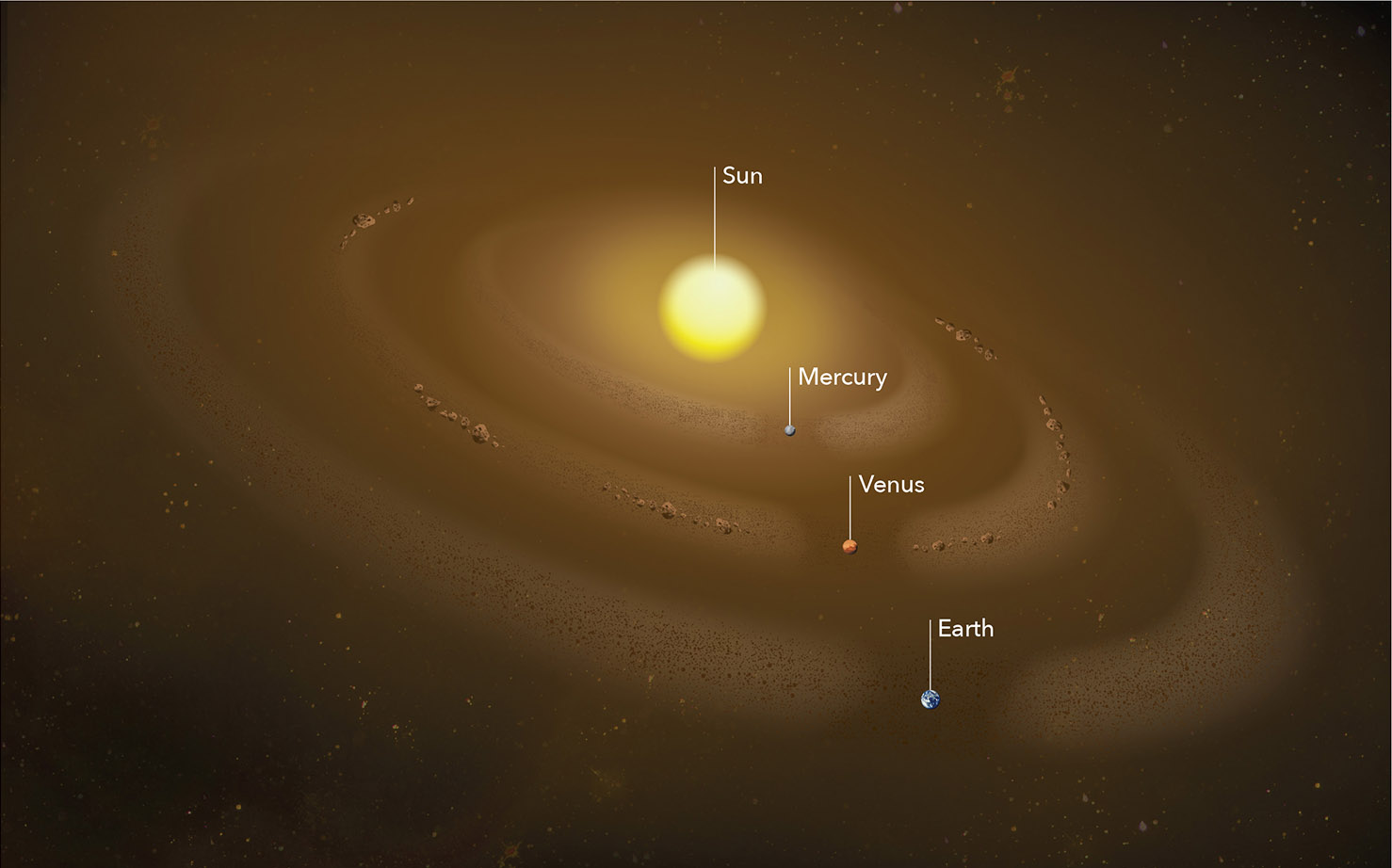
Just as dust gathers in corners and along bookshelves in our homes, dust piles up in space too. But when the dust settles in the solar system, it’s often in rings. Several dust rings circle the Sun. The rings trace…
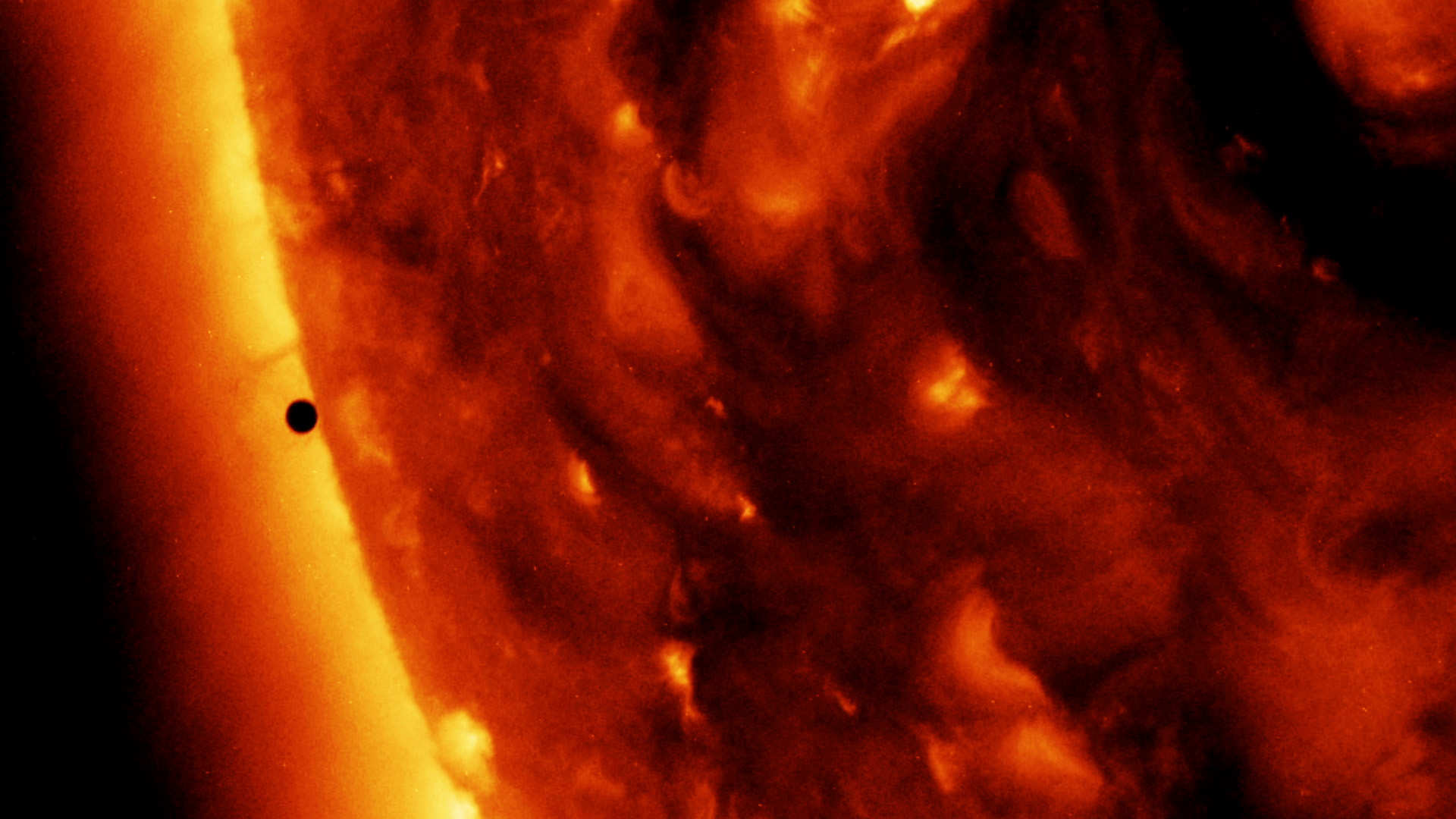
Like the waistband of a couch potato in midlife, the orbits of planets in our solar system are expanding. It happens because the Sun’s gravitational grip gradually weakens as our star ages and loses mass. Now, a team of NASA…
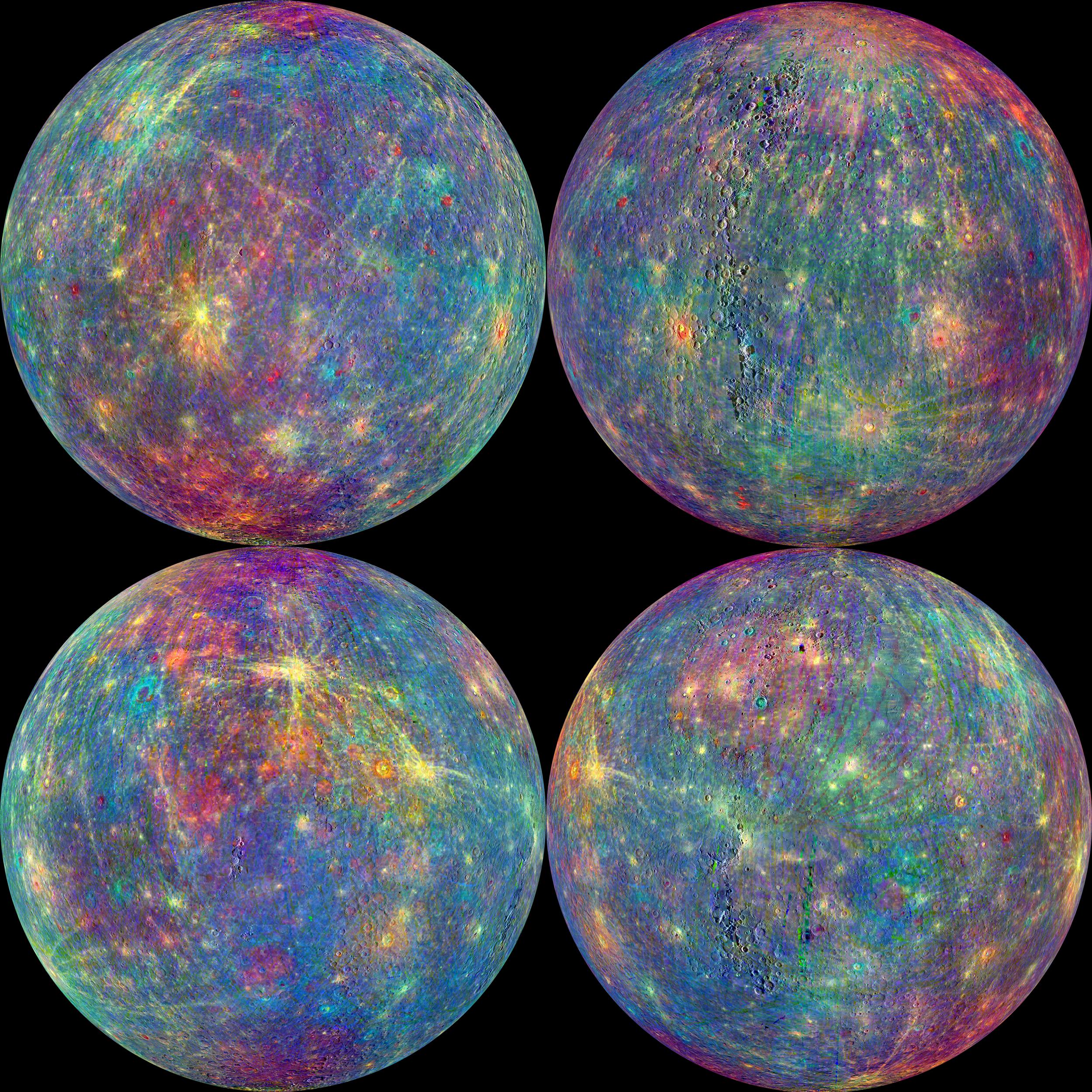
Mercury, our smallest planetary neighbor, has very little to call an atmosphere, but it does have a strange weather pattern: morning micro-meteor showers. Recent modeling along with previously published results from NASA’s MESSENGER spacecraft — short for Mercury Surface, Space…
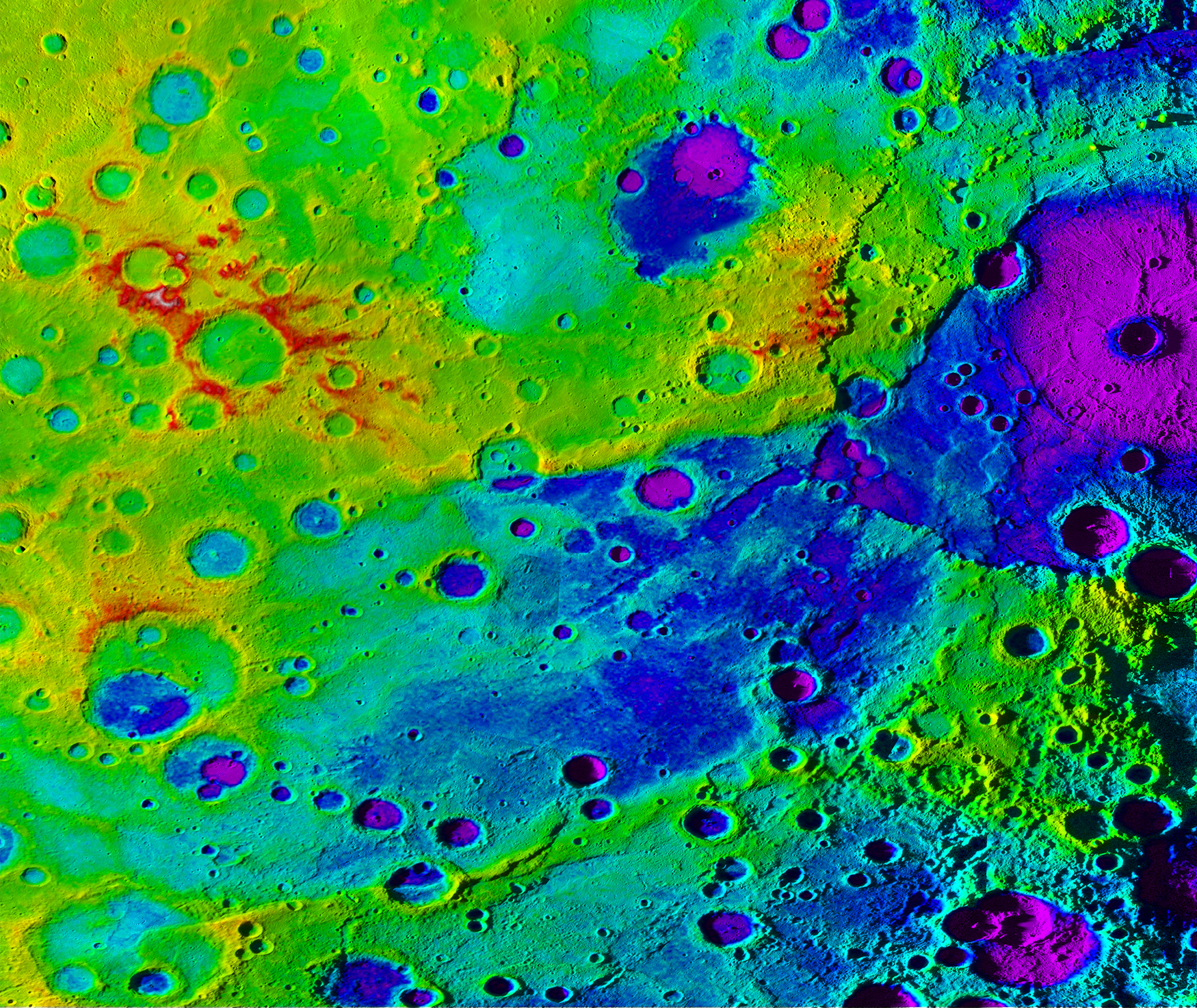
A newly discovered “great valley” in the southern hemisphere of Mercury provides more evidence that the small planet closest to the sun is shrinking. Scientists used stereo images from NASA’s MESSENGER spacecraft to create a high-resolution topo map that revealed…




























